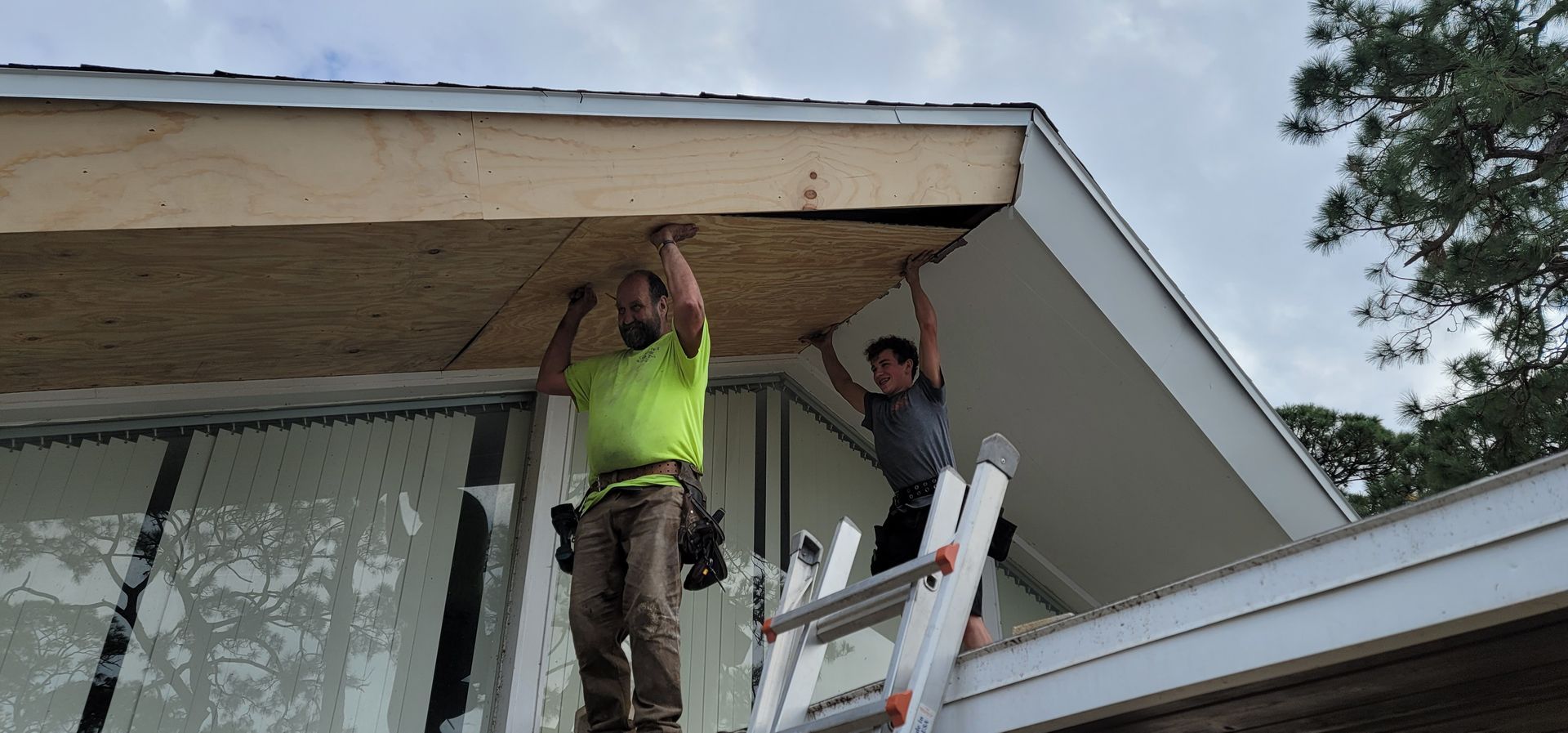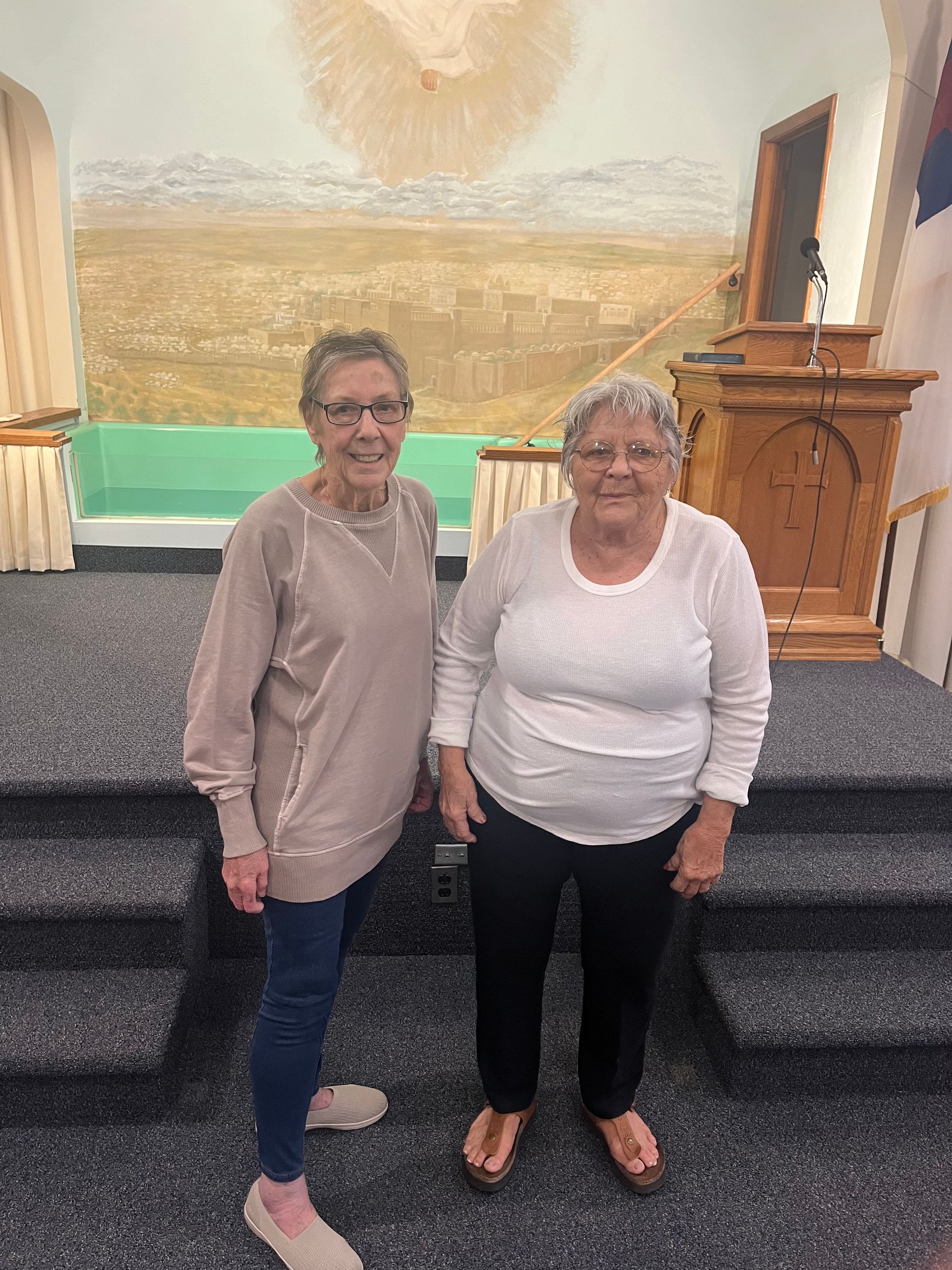Exiles and Human Ability
Steven Longenecker is the Bridgewater College Edwin L. Turner Distinguished Professor of History Emeritus, and a regular contributor to BrethrenChurch.org.
Note: After I submitted this essay, a gunman shot two campus police officers at Bridgewater College, my home institution. It happened just outside my former office. My college community and myself experienced at exile unimaginable when I wrote this.
During Advent, we heard several sermons based on the Old Testament exilic period. We learned that God supported the Israelites in their long period of darkness and that God is with us, too, during hard times.
An aging historian’s mind works in mysterious ways, and I immediately thought of twentieth-century Berlin, Germany. In 1914 Berlin was a wonderful place to live. As one of the world’s great cities, it had prosperity, diversity, museums, theaters, parks, intellectuals, and an Avant Garde niche.
That ended in the summer of 1914 with the outbreak of World War I, when the lights famously went out in Europe, and East Berlin’s lights did not come back on until 1989 when the Berlin Wall came down. Between these two events, East Berliners suffered hunger, hyperinflation, political street violence, the Depression, two world wars, Nazis, Communists, and the Holocaust. For seventy-five years East Berliners endured their own dark version of Babylonian exile.
The question is whether these exiles were God’s will. Why did Israelites and Berliners suffer so much? Was exile God’s plan for East Berlin? West Berlin, after all, began its journey out of the darkness in the 1950s. Why was East Berlin held back?
Let’s leave the fate of exiled Israelites to the theologians. But the hand of humans hung heavily over East Berliners for seventy-five years. Human agency switched off the lights in East Berlin.
Berliners, at least some of them, were partially responsible for their three-quarter-century of misery. Some cheered the outbreak of World War I, which inaugurated their woes. Some were enthusiastic Communists who eagerly collaborated with the Soviets when after World War II East Berlin and East Germany became part of the Soviet bloc in eastern Europe.
But often others victimized Berliners, especially its grassroots. Unelected German leadership, not public opinion, took Germany off the cliff into World War I. Likewise, Berlin did not contribute meaningfully to the Nazi Revolution. Instead, the city was noticeably cool towards German fascists. In fact, German conservatives detested their capital city for its liberal elites, diversity, working class, and surge of recent immigrants. Berlin was the “other,” and many Berliners suffered from Nazi rule. During the Cold War, Soviet domination precluded any serious changes in East Berlin’s life. Thus, the quality of life for East Berliners depended heavily on decisions made by others.
Human action, human free will, therefore, has consequences. God didn’t exile East Berlin; humans did. Yes, Berliners made mistakes, but more often they suffered from decisions made by others, both domestic leadership and foreign powers.
The ability of non-Berliners to exile Berliners teaches Brethren that their public life has consequences, not just for themselves but for others, for their neighbors. Public life is anything that impacts our neighbors, the Samaritans in our world. It is what we say about public events to our friends and in Bible study groups and Sunday School classes. It is our votes, yard signs, letters-to-the-editor, donations, and response to statements by our religious organizations.
Our public life can also be silent. Silence is a statement, too. Silence is a yard sign that stays in the basement or an offensive remark that passes without reply. Silence is a witness not made. Silence, especially in the face of violence and injustice, can create exiles.
The early nineteenth-century Brethren spoke out on race, the preeminent moral issue of their day. They condemned slaveholding, and Yearly Meeting requested that African American Brethren receive the Holy Kiss as equals. But the refusal of that Brethren generation to support the abolition movement was a missed opportunity. They wouldn’t even sign grassroots anti-slavery petitions. They helped African American exiles, but they could have done more.
The big point, then, is that human decisions shape public life. Don’t blame God for East Berlin’s exile. God doesn’t put humanity’s chestnuts in the fire and don’t count on God to pull them out. When we compartmentalize our religious life and public life, exiles happen, sometimes to us, but more often to others.
Pray about your public life, be careful with your decisions, but be engaged and active.










